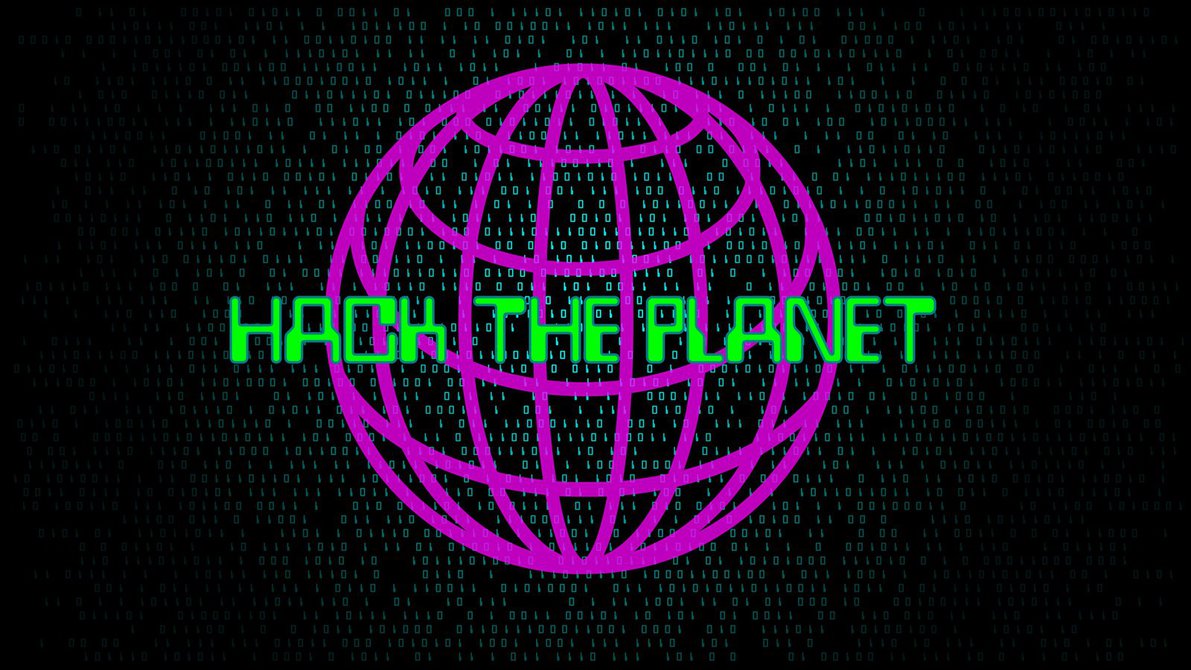
Everything I know about hacker culture comes from 90s popular culture, specifically the movies Lawnmower Man (1992) and Hackers (1995). That knowledge includes a lot of what was covered in Maureen Orth's "For Whom Ma Bell Tolls Not." The culminating scene in Lawnmower Man is all the world's phones ringing at once, indicating that protagonist Jobe has infiltrated "all the world's networks." Hackers' scenes of actual hacking are largely non-computer based; several of the hackers engage in phone hacking and I believe "Captain Crunch" is name-checked. The scenes in which the hackers take on computer networks largely consist of state-of-the-art (for the 90s) video game-esque landscapes more akin to Tron than Wikileaks.
But seriously, I do know quite a bit more about hacking than the payphone hacks performed by Angelina Jolie over twenty years ago. At the time of Adrian Chen's "unmasking" of Violentacrez, I was a regular reader of Gawker, and I remember that series of articles well. The idea of anonymity vs. "real identity" on the Internet has always been a fraught question, and Ryan Milner's "Hacking the Social: Internet Memes, Identity Antagonism, and the Logic of Lulz" highlights some of the problematic implications of identity politics on the Internet. Milner quotes Jackson, Shin, and Wilson's 2000 concept of "constructed centrality" to highlight the ways in which normalized whiteness is built into the infrastructure of the Internet: "White people do not have to change who they are, how they talk, or how they behave. The talk and behavior of whites occupy a legitimised cultural space of social interaction, in which the identity of whiteness is acknowledged as normal and standard" (qtd. in Milner 70). Based on the history of the Internet, and despite the fact that the Internet has hosted a diverse community of users for a long time now, many spaces on the Internet--including 4chan and Reddit--still feel dominated by white male users espousing their own supremacy.
As we saw two weeks ago in Sparby's piece "Digital Social Media and Aggression: Memetic Rhetoric in 4chan's Collective Identity," the constructed centrality of these online spaces reifies dominant hegemonic ideas about white male supremacy. Though there are occasional push backs against the dominant identity politics (Sparby's example of the "successful" transanon's encounter with 4chan; Milner's reading of the "Successful Black Man" meme), the short-term gains remain short term and are eventually subsumed by the hegemonic morass. I'm reminded again this week by Kurt Vonnegut's novel Mother Night in which the clearly articulated "moral of the story" is that "we are what we pretend to be, so we must be careful about what we pretend to be." Small instances of push back against the status quo do not a movement make, and these spaces largely serve to underscore racist and sexist ideologies again and again.